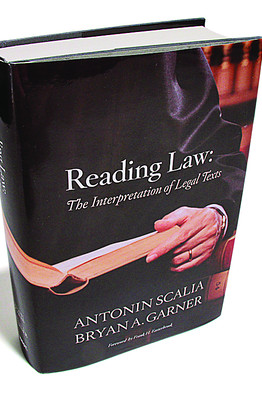The organizing principle of the administration’s foreign policy is one of weakness and passivity, coupled with a conspicuous rhetorical abdication of American leadership, write David Rivkin and Lee Casey.
by David B. Rivkin and Lee A. Casey | September 21, 2012 4:45 AM EDT
A few days ago on The Daily Beast, Leslie Gelb praised President Obama’s handling of the unfolding crisis in the Middle East last week and evidently discerns no connection between the ensuing wave of anti-American violence and the broader parameters of American foreign policy. He is wrong on both counts. The administration’s crisis management has been mediocre. Even more fundamentally, the current assault on America’s position in the Middle East is attributable not to the trailer for an obscure anti-Muslim movie, but to Obama’s own foreign-policy failures.
The administration’s crisis-management strategy continues to emphasize its regret about that film, Innocence of Muslims. This was manifest not only in the original (and subsequently retracted) statement from our embassy in Cairo, but in all statements by Secretary of State Hillary Clinton and the president. But deploring efforts to denigrate Muslim religious beliefs is only the first half of the sentence. The administration should have also robustly propounded its commitment to the virtues and values of free expression in a free society, and why this must necessarily encompass offensive speech. Whenever the White House mentions the First Amendment these days, it is done mostly in a defensive mode, by way of explaining (almost in sorrow) to the Muslim world why the U.S. government cannot legally suppress anti-Muslim films rather than a compelling explanation of why such films should not be suppressed. As Clinton stated on Sept. 14, “I know it is hard for some people to understand why the United States cannot or does not just prevent these kinds of reprehensible videos from ever seeing the light of day.” But simply saying that free speech is enshrined in our Constitution “is not enough” the administration must explain why that is a good thing to which they too should aspire.

